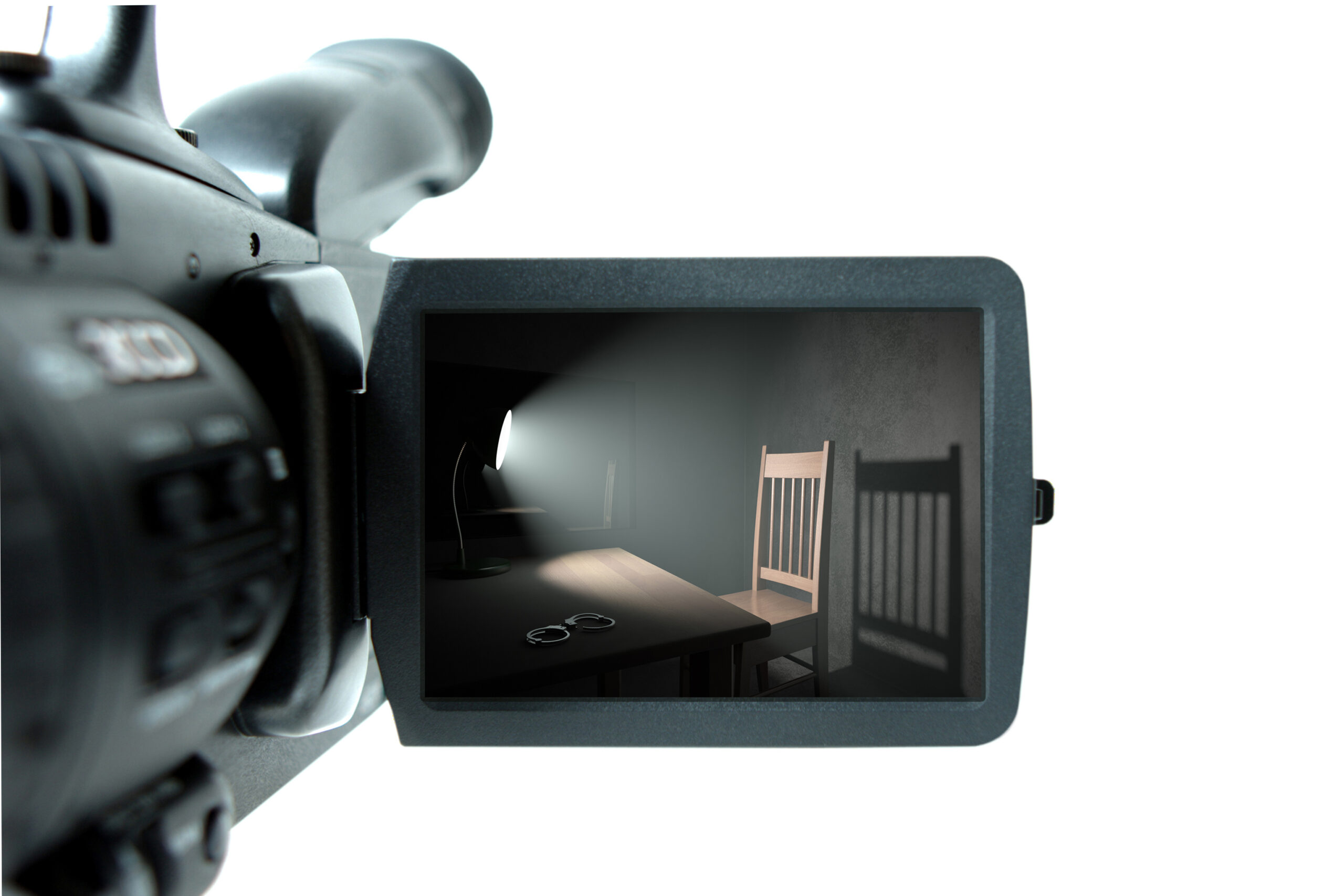Kansas Legislative Committee Unanimously Approves Bill for Recording Interrogations
02.14.17 By Innocence Staff
Last week, the Kansas Senate Judiciary Committee voted unanimously in favor of Senate Bill 92, which would require interrogations relating to serious crimes to be electronically recorded from start to finish. The Kansas District Attorneys Association and law enforcement testified in support of the bill at a hearing on February 7th.
Exoneree Floyd Bledsoe, who spent 16 years in prison for a murder committed by his brother, testified before the committee, vouching for the importance of recorded interrogations in avoiding wrongful convictions.
Floyd’s brother Tom initially confessed to the murder of 14-year-old Camille Arfmann, leading police to her body and turning over the murder weapon. Before he could be charged, however, Tom changed his story, saying that his brother Floyd committed the crime and that he got the details of the murder from him.
Despite testimony from witnesses who said he was at work on the day of the murder, Floyd was convicted and sentenced to life in prison plus 16 years. Floyd told the Senate Judiciary Committee that his wrongful conviction could have been avoided if his and his brother’s interrogations were recorded in their entirety.
“Had jurors been able to hear me maintain my innocence throughout hours of interrogation, I may not have been convicted,” Bledsoe told the committee.
Innocence Project State Policy Advocate Michelle Feldman also testified in support of the bill.
“Recording custodial interrogations in their entirety enhances transparency and accuracy, which benefits the entire criminal justice system,” Feldman said. “It protects the innocent by deterring against coercive interrogation tactics and by alerting investigators, judges and juries if suspects have mental limitations or other vulnerabilities that may make them more susceptible to falsely confessing. It also benefits law enforcement by removing any doubt about authentic confessions, reducing court time spent arguing motions to suppress statements and confessions, and protecting officers against frivolous claims of misconduct.”
Currently, 21 states require custodial interrogations to be recorded.
Read the Topeka Capitol-Journal coverage here.

Leave a Reply
Thank you for visiting us. You can learn more about how we consider cases here. Please avoid sharing any personal information in the comments below and join us in making this a hate-speech free and safe space for everyone.